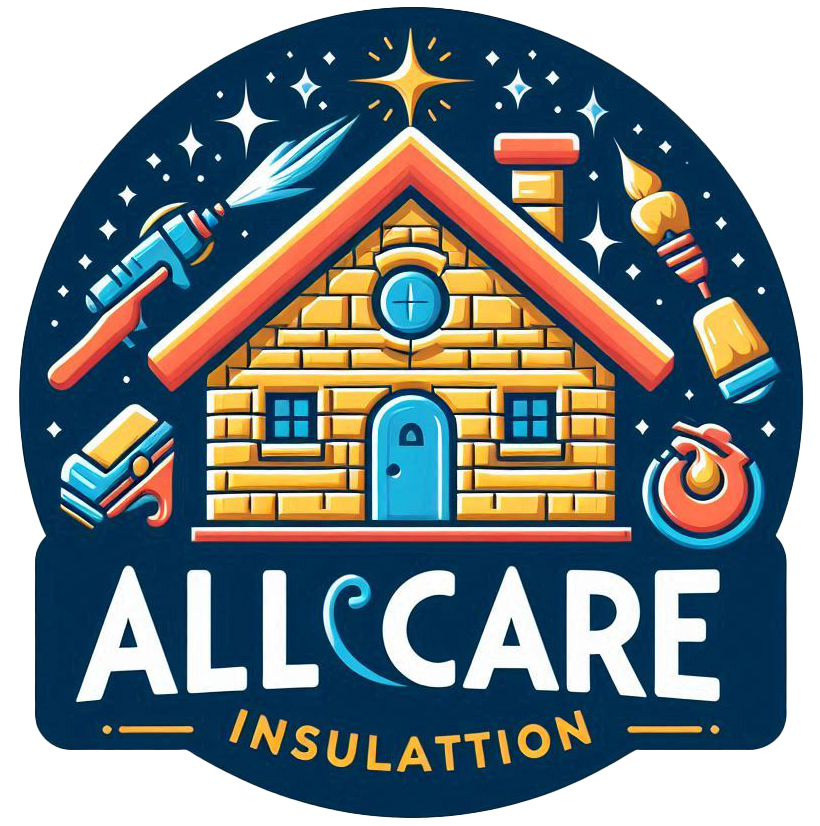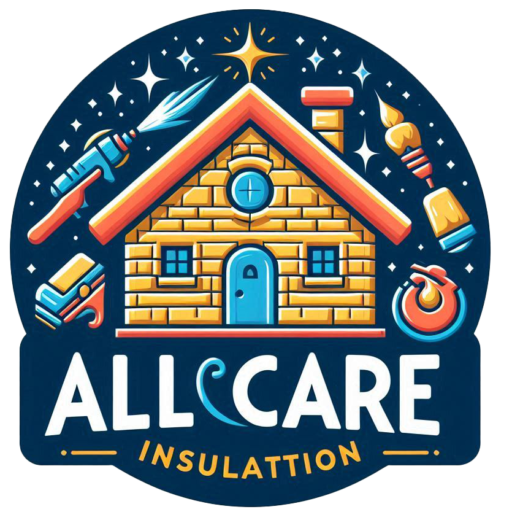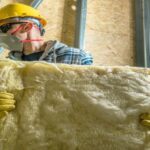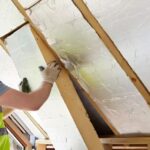When it comes to maintaining an energy-efficient and comfortable home, ceiling insulation plays a crucial role. Not only does it help in temperature regulation, but it also reduces energy consumption and costs. Whether you are building a new house or retrofitting an existing one, investing in proper ceiling insulation can bring significant benefits in the long term.
In this blog, we’ll delve into what ceiling insulation is, its benefits, types, installation processes, and why choosing the right service provider like All Care Insulation makes a difference.
What is Ceiling Insulation?
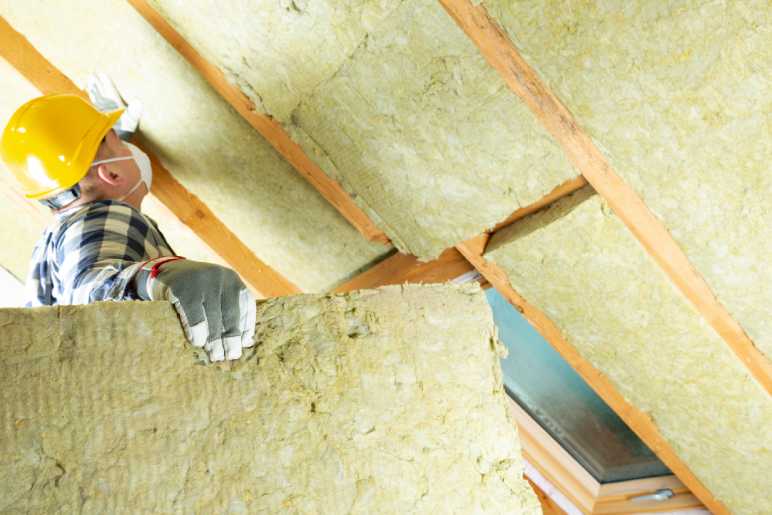
Ceiling insulation refers to materials installed within the ceiling or roof space of your home to minimize heat transfer. These insulating materials act as a barrier to heat loss in winter and prevent heat from entering your home in summer. The primary purpose of ceiling insulation is to regulate the indoor temperature, making your home more comfortable throughout the year.
Proper insulation not only enhances thermal comfort but also improves acoustic performance, reducing noise from external sources. Additionally, it boosts energy efficiency, helping to lower electricity bills by reducing the need for air conditioning and heating systems.
Benefits of Ceiling Insulation
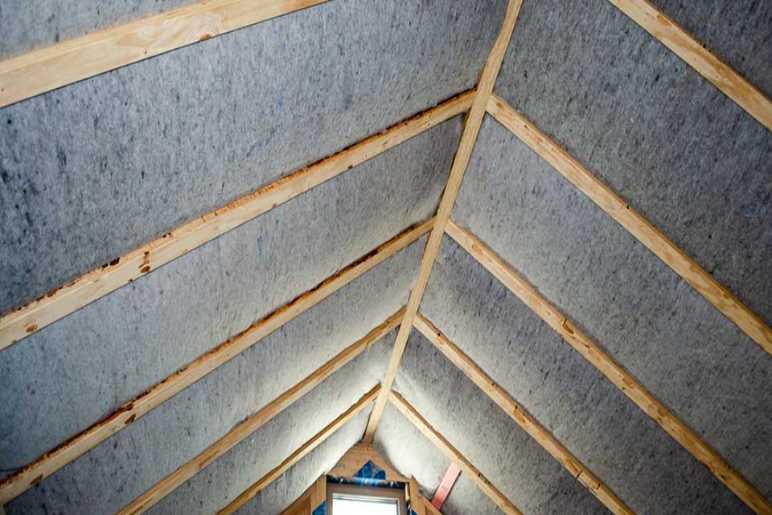
- Energy Efficiency Ceiling insulation drastically reduces the amount of energy required to heat or cool your home. By minimizing the escape of warm air in winter and blocking external heat during summer, it eases the strain on heating and cooling systems. This, in turn, reduces energy bills and cuts down on greenhouse gas emissions.
- Comfort and Temperature Regulation One of the most noticeable benefits of ceiling insulation is consistent indoor temperatures. Insulation helps maintain a stable environment by preventing the drastic fluctuations caused by external weather conditions. This is especially important in regions with extreme climates.
- Reduced Noise Pollution In addition to thermal control, ceiling insulation also helps with noise reduction. Insulated ceilings dampen external sounds, such as traffic or loud neighbors, creating a quieter and more peaceful living space.
- Improved Air Quality By insulating your ceiling, you can improve indoor air quality. It minimizes the amount of dust, pollen, and other pollutants that might enter your home through uninsulated spaces. A well-insulated home is generally better sealed, contributing to cleaner air circulation.
- Cost Savings Over time, the savings on energy bills can far outweigh the initial investment in ceiling insulation. Insulation helps reduce energy consumption by making your home more energy-efficient. Additionally, some governments and energy companies offer rebates or incentives for homeowners who install energy-saving features like insulation.
- Environmental Impact By using less energy, a well-insulated home contributes to a reduction in carbon footprints. This is beneficial for both the environment and your wallet. Ceiling insulation is an eco-friendly choice that can significantly reduce your household’s energy consumption.
Types of Ceiling Insulation
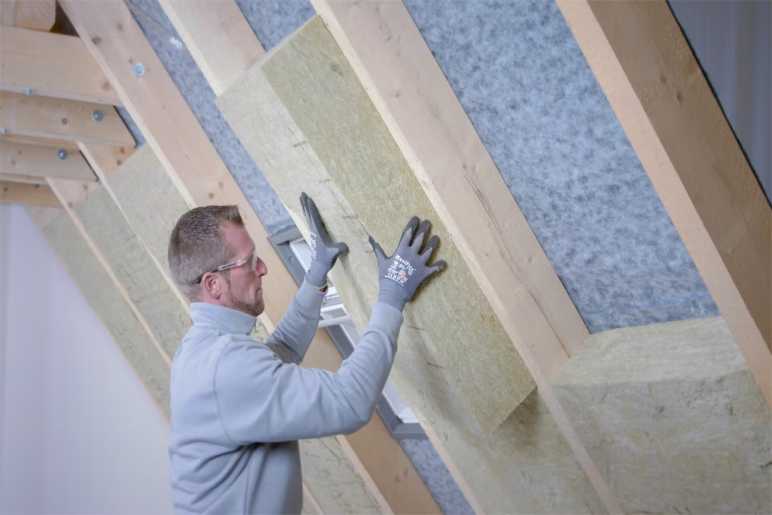
There are various types of ceiling insulation materials available, each with unique properties and applications. Understanding the differences can help you choose the best option for your home.
- Batt Insulation Batt insulation is one of the most common types, made from materials such as fiberglass, mineral wool, or cotton. It comes in pre-cut panels that can be fitted between ceiling joists. This type of insulation is affordable and easy to install, making it a popular choice for many homeowners.
- Blown-In Insulation Blown-in insulation is composed of loose fibers or granules made from materials like cellulose, fiberglass, or rock wool. These materials are blown into the ceiling cavities using a machine, filling all gaps and providing a uniform layer of insulation. It’s an ideal solution for retrofitting older homes with minimal disruption.
- Spray Foam Insulation Spray foam insulation is a versatile option that expands after application, filling every nook and cranny of your ceiling. It provides an excellent air barrier, making it a superior choice for homes with hard-to-reach spaces or irregularly shaped ceilings.
- Reflective or Radiant Barrier Insulation Reflective insulation is typically installed under the roof to reflect radiant heat away from the house. It’s particularly useful in hot climates, where preventing heat from entering the home is the primary concern.
- Rigid Foam Board Insulation This type of insulation is made from solid panels of foam, such as polystyrene or polyisocyanurate. Rigid foam boards provide high insulating value and are commonly used in new constructions or during major renovations.
How to Install Ceiling Insulation
While it’s possible to install some types of ceiling insulation yourself, hiring a professional ensures that the job is done correctly and safely. Incorrect installation could lead to gaps and spaces, reducing the effectiveness of the insulation.
Before installing insulation, consider the following:
- Assess Your Roof Space It’s essential to evaluate the existing roof space and decide the best type of insulation material. An inspection can help determine if there are any ventilation or moisture issues that need to be addressed.
- R-Value The R-value measures the insulation material’s ability to resist heat flow. The higher the R-value, the better the insulation. Your region’s climate largely determines the recommended R-value, so consult local guidelines for advice.
- Seal Air Leaks Prior to installing insulation, ensure that any air leaks in your roof or ceiling are sealed. This step enhances the insulation’s effectiveness by preventing drafts and heat transfer.
- Hiring a Professional For a high-quality and efficient installation, it’s wise to hire a professional insulation service. All Care Insulation, for example, offers expert guidance on the best materials for your ceiling and ensures a seamless installation process.
Why Choose All Care Insulation?
When it comes to insulation, quality and expertise matter. All Care Insulation specializes in providing tailored insulation solutions for both residential and commercial properties. Their team of professionals ensures that your ceiling insulation is installed correctly, maximizing energy efficiency and comfort.
With years of experience and a commitment to customer satisfaction, All Care Insulation uses high-quality materials and up-to-date installation techniques to deliver excellent results. Whether you need batt, spray foam, or blown-in insulation, they have the expertise to handle it all.
Conclusion
Ceiling insulation is a smart investment for any homeowner looking to improve energy efficiency, comfort, and overall home value. By choosing the right type of insulation and ensuring it’s installed properly, you can enjoy significant long-term savings on energy bills while reducing your environmental impact.
If you’re ready to enhance your home’s insulation, contact All Care Insulation for professional advice and installation services tailored to your specific needs.
Have A Look :-
